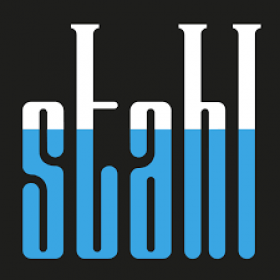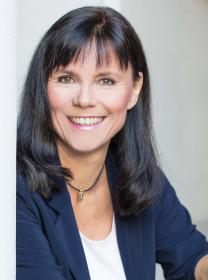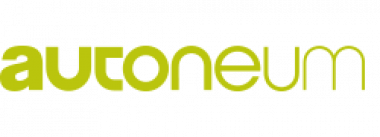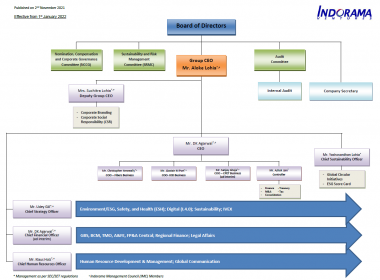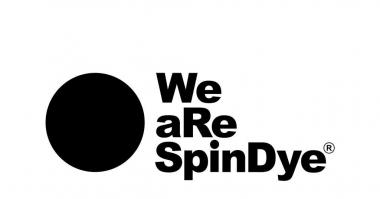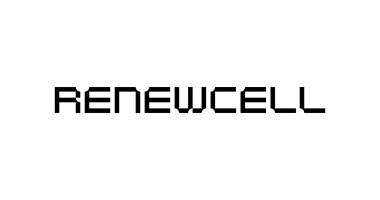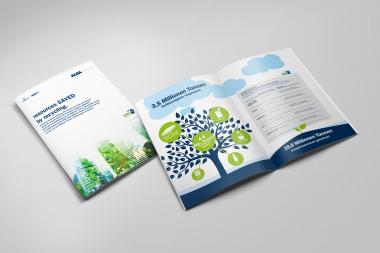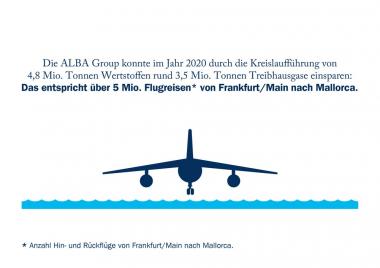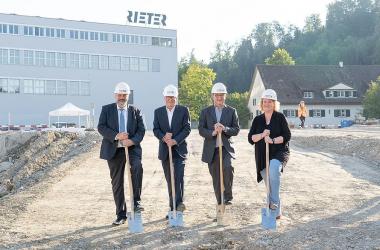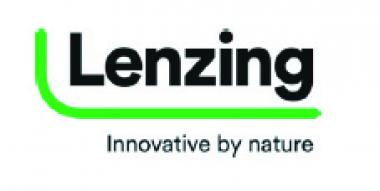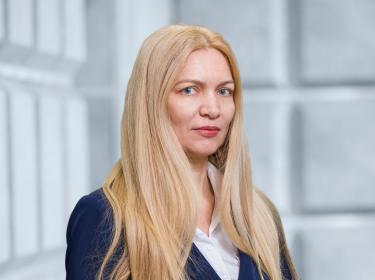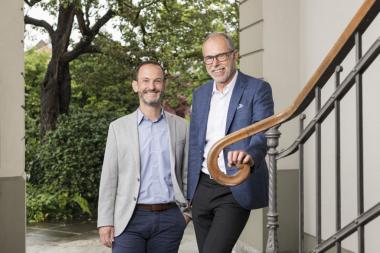SS 2023 campaign by Iluna Group and Maglificio Ripa
- Iluna Group and Maglificio Ripa present their new collections and an innovative, strategic symbiosis for sustainable fashion
- 9-11 November - Palais de Festivals, Boulevard de la Croisette, Cannes, France, Booth 28-29
Values, strategies, an imprinting for innovation and a well-defined vision and expertise in sustainable fashion. This mix is the wide and solid common denominator giving birth to the collaboration between Iluna Group, leader in the production of smart lace, and Maglificio Ripa, internationally recognized for the production of premium and responsible jersey.
Two mature companies projected towards new formats of proactive collaboration, both established in common industries - from underwear to beachwear and sportswear - that have chosen to create a symbiosis of intents and strategies, each maintaining its own identity and independence.
"We are living in a moment of strong change, from the wave of sustainability that is finally sweeping the fashion world to new market scenarios. And we are convinced that collaboration is the key to facing these new challenges. In Maglificio Ripa we saw a complementary and unique partner with whom we can reach customers, suppliers and other partners in a more complete way." comments Furio Annovazzi, CEO of Iluna Group. "Ours is not a union between companies, but a new model of partnership, a sort of strategic symbiosis aimed at developing together new paths that can make the both of us grow, while offering a more complete proposal to the market." adds Luca Bianco, CEO of Maglificio Ripa.
One of the first examples of this new format is the joint stand at MarediModa, a single space where visitors can discover the latest collections of the two companies, and imagine new designs and solutions for sustainable fashion.
Iluna Group and Maglificio Ripa also created the new campaign and photo shoot together, as well as developed a trend scenario that allowed both companies to better embrace the evolving market by sharing information, perspectives and ideas.
ROICA™ ILUNA Group Maglificio Ripa Fashion Mode Asahi Kasei Hohenstein MarediModa sustainable fashion
GB Network













